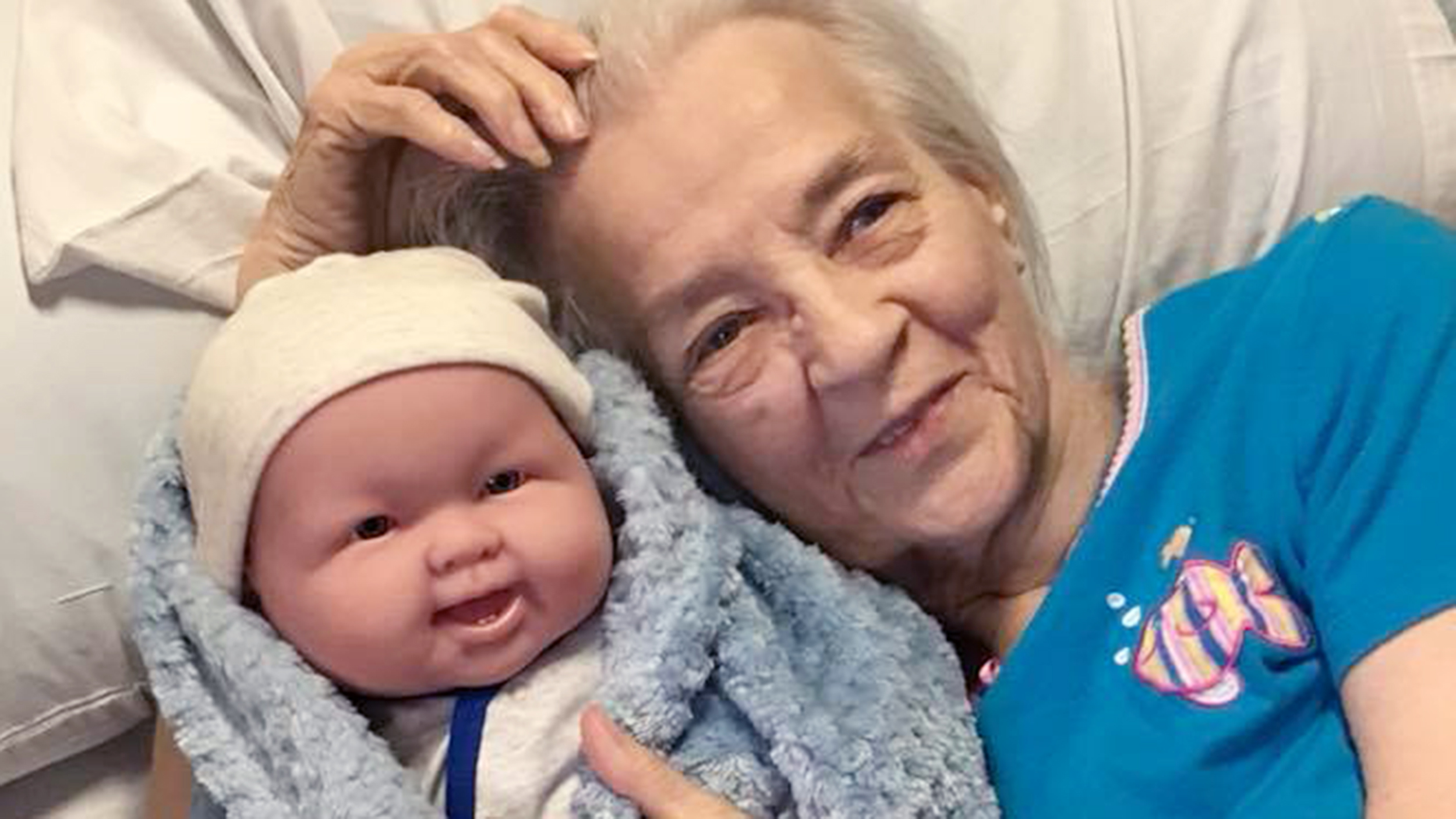As one gets older, there’s a possibility of change in behavior, memory lapse, and in some instances, it becomes difficult to learn new things. An older person is incapable of doing many things at a time, or multitasking and memory go down. To some, they get so irritated if not able to recall names of events or children or even recall something he had kept somewhere for future use. In a serious situation of memory lapse, you may find an older adult looking for an item that he’s holding with his own hands. Remembering an appointment like when to visit a doctor or take daily medication or attend a momentous occasion is not possible without being reminded to do so by someone else.
If you notice such behavioral changes, it’s essential to go for a medical checkup as this could be early signs of dementia. The doctor may recommend therapy in the management of Alzheimer’s disease. The https://www.zenreborn.com/ website has a wide variety of reborn baby dolls that resemble real babies and which are good therapy options. We expound further on how the use of dolls helps in the treatment of Dementia. Let’s get started.
What’s dementia?
Dementia is the inability to have memory and to be in a state of sound reasoning. The brain is not able to function correctly, and this seriously affects the person’s ability to reason and recall anything or even know what’s happening in the surroundings.
A person who has dementia goes back to the state of childhood. He depends on a caregiver to assist when to eat when to do a specific activity, and there’s nothing he can do on his own.
Disorders associated with dementia progress slowly by slowly as a result of degeneration of the part of the brain, which controls the thoughts and remembering the past happenings or actions. The cognitive disability crops due to dead brain cells and these are how dementia comes about. As it gets worse over time, it becomes irreversible, and this leads to Alzheimer’s disease. At this stage, the brain is unable to control memory or other mental functions.

Cure and management
Dementia cannot be cured entirely but only requires management. If detected early, it can be managed, but as it progresses without detection and management, then it’s challenging to manage or reverse.
The patient would require occupational therapy to revamp the brain and to occupy him rather than leaving him to roam about or even engage in a life-threatening activity. Doll therapy is one of the occupational activity which may assist a dementia patient in its management and as a pass time activity to engage him.
How does the doll therapy work in adults with dementia?
The doll keeps the patient busy and comfortable with all the energy being directed to cuddling the doll, talking, and giving attention to it as she would to a small baby. This helps in improving the quality of life by removing the idle element in her, which makes most dementia patients engage themselves in walking about without knowing.
With dolls around her, she gets attracted to them, and she’ll stick around. In this way, she’ll not engage in unnecessary activities that may be harmful or life-threatening.
An older adult by nature behaves just like a small child. She would fit comfortably and interacts with children better than with adults. A doll to a child would play the same role as an elderly who is suffering from dementia.
The patient is unable to make a judgment on her own and depends on guidance from an average person. The doll will assist in keeping her busy as you or the caregiver engage in other activities at home.
You may find a patient trying to feed the doll as she reaches out for her food to eat too. Her mind gets alert that she also needs some food. Most dementia patients will go hungry even if you put the food on the table; she cannot comprehend what she is required to do with it unless you spoon-feed.
What stages can a dementia patient benefit from doll therapy?
Dementia at an early stage can be addressed through medication before it gets worse and unmanageable. Early detection and call for medical attention can be beneficial to the patient. Doll therapy would apply to the middle and final stages of dementia.
Most patients resist a lot to be taken to nursing homes or homes for the elderly, preferring staying closer to their kin. Unless the patient is comfortable in these homes, never force it on the patient as it may harm him.
How do you detect the doll therapy is working?
Dementia is about behavioral changes. At times a patient may have mood swings, appear withdrawn, and a feeling of rejection and, sadly, most of the time.
Doll therapy is capable of addressing the emotional and behavioral changes which may develop as a result. By holding a doll, the patient is calmed, and interaction with it brings joy, and you may even find the patient talking to it, smiling, sitting it down, dressing, and undressing it.
The doll becomes the best friend and companion. You may notice some smiles on her face. In this way, there is a decrease in behavioral changes, which becomes a challenge in the patient and which may cause a lot of concern to the family.
Conclusion
Doll therapy is safe. No oral medication is required, and occupational therapy is the way to go if you have a loved one who’s suffering dementia or Alzheimer’s disease.
Show your love, appreciate the patient by engaging him or her in meaningful activity that’ll make him/her lead a happy life. It has been common to hear a dementia patient getting lost, they like walking a lot, and unaided. such a desperate situation may arise and to avoid them go for doll therapy to save the situation.
